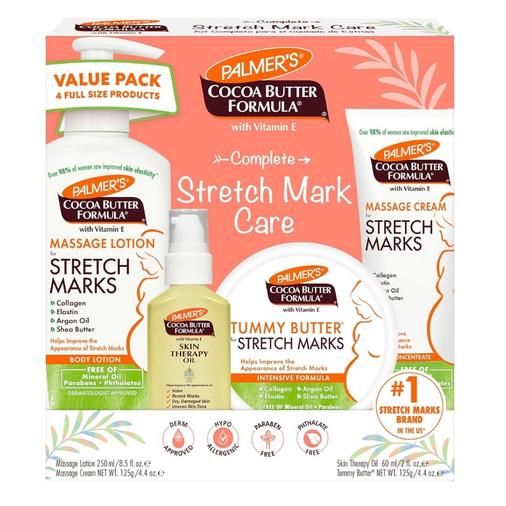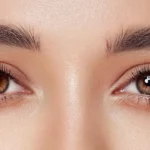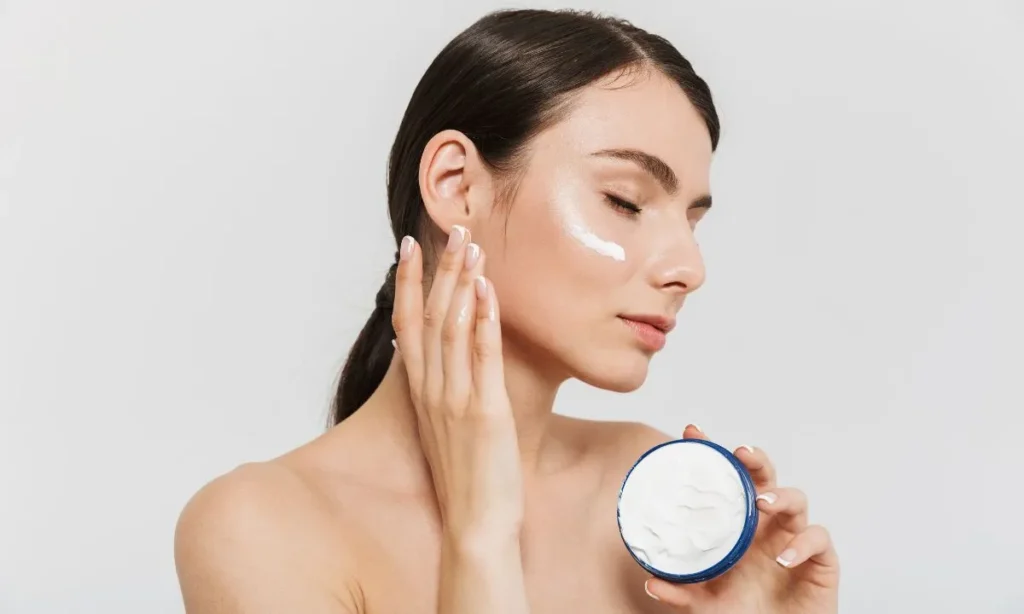
Pregnancy is both joyful and lovely in a woman’s life. However, it causes numerous changes to the body, including the skin. Hormone fluctuations during pregnancy lead to increased oil production, pigmentation, and sensitivity. Stretch marks may appear when the tummy swells. It is critical for pregnant women to modify their skincare routines to accommodate their changing bodies.
Importance of Skincare During Pregnancy
A proper skincare routine during pregnancy helps to manage common skin changes, reducing acne, dryness, and itching. It also helps enhance skin suppleness to minimize stretch marks. Furthermore, some ingredients, such as retinoids, are not recommended during pregnancy, so an adjusted routine reduces risk. Taking care of your skin is an important element of overall wellness during pregnancy. With a few easy changes, an excellent skincare routine can benefit both mama and baby’s skin.
Related: How To Do A parasite cleanse during pregnancy
Ultimate Pregnancy Skincare Routine Guide
Gentle Cleansing
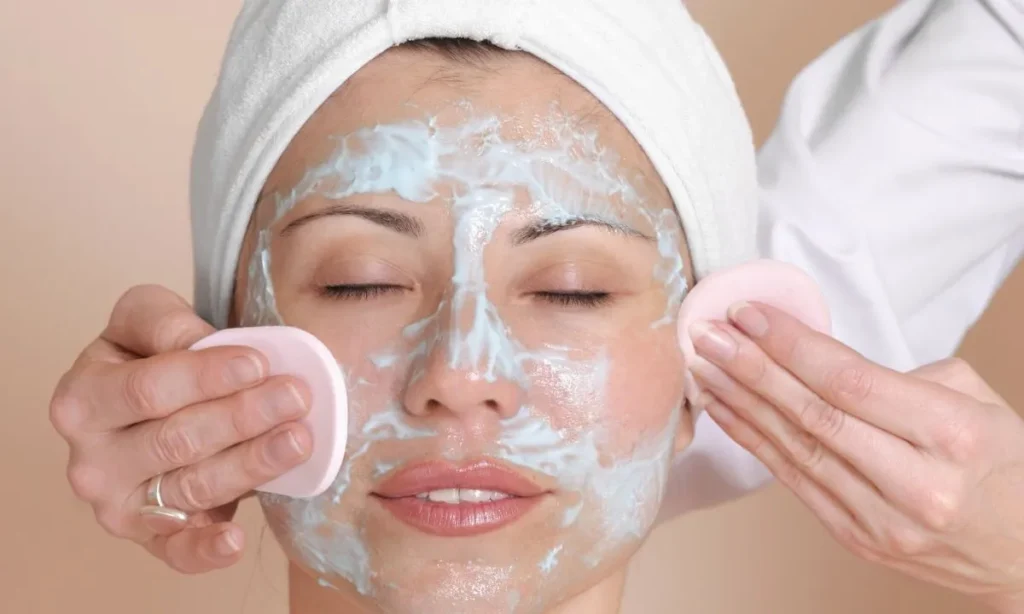
During pregnancy, your skin becomes much more sensitive than usual. Hormonal changes produce increased blood flow to the skin’s surface, making it more receptive.
The trick is to cleanse gently with products free of harsh chemicals such as benzoyl peroxide, salicylic acid, retinol, and vitamin C. These can be extremely irritating during pregnancy.
Instead, choose for soft, natural cleansers including aloe vera, chamomile, oats, or green tea. Avoid fragrances as well. The fewer ingredients, the better.
Cleanse no more than twice a day, once in the morning and evening. Over-cleansing can strip away natural oils leading to dryness. Use lukewarm water and rinse thoroughly after cleansing to remove any residue.
Pat dry with a soft towel. Do not rub or scrub the skin. Follow up with a pregnancy-safe toner, serum, and moisturizer.
Related: Should You Consider Shaving Your Pubic Hair Before Childbirth
Toning Your Skin

During pregnancy, your skin may become red and irritated. Using an alcohol-free toner with natural ingredients can help to restore your skin’s pH balance and reduce inflammation.
Look for toners made with chamomile, aloe vera, rose water, cucumber, or green tea. These natural ingredients have anti-inflammatory properties that reduce redness. Avoid toners that contain synthetic scents, colors, or alcohols such as ethyl alcohol or isopropyl alcohol, as these can be irritating.
After cleansing, soak a cotton pad in toner and gently wipe it over your face. This will eliminate any remaining pollutants while providing moisturizing and relaxing substances. Use your toner morning and night as part of your regular skincare routine.
Choosing the right alcohol-free toner during pregnancy can significantly improve the health and appearance of your complexion. Investing in natural, gentle formulas will prevent your skin from becoming irritated during this sensitive time. Your skin will look and feel its finest.
Related: How To Shave While Pregnant
Moisturizing
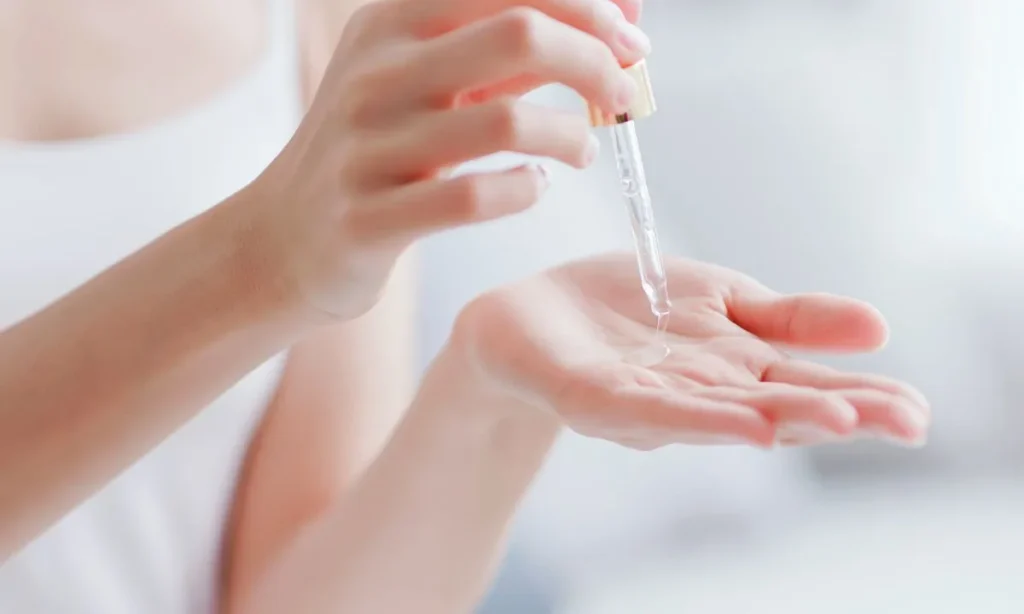
During pregnancy, your skin requires extra hydration as it stretches to accommodate your expanding belly. Hormones can also cause skin to become drier than usual. Concentrate on moisturizing your skin with heavier, more emollient moisturizers.
Look for moisturizers containing ingredients like shea butter, coconut oil, olive oil, avocado oil, almond oil, and argan oil. These plant-derived oils are rich in fatty acids that help nourish and hydrate the skin. Some excellent choices are Burt’s Bees Mama Bee Belly Butter, Mama Mio The Tummy Rub Butter, and Mustela Stretch Mark Cream.
You may also want to try a thicker night cream for better overnight hydration. Look for night creams containing ceramides, glycerin, and hyaluronic acid to rebuild your skin barrier and lock in moisture while you sleep. Some options to consider include First Aid Beauty Ultra Repair Cream and Paula’s Choice RESIST Intensive Repair Cream.
In addition to using richer moisturizers, maintain hydration by drinking plenty of water daily and avoiding excessively long hot showers, which can dry out your skin. Keeping your skin well-moisturized will help make it more supple and prevent symptoms like itching, redness, and cracking.
Related: Pregnancy-Induced Hives: Symptoms, Triggers, and Treatment
Sun Protection

Sunscreen is essential for pregnant women. The skin becomes even more sensitive during pregnancy, making it more susceptible to sun damage and discolorations. It’s recommended to use a minimum SPF 30 broad spectrum sunscreen every day.
Look for sunscreens containing zinc oxide as an active ingredient. Chemical sunscreens contain ingredients such as avobenzone, oxybenzone, octisalate, and homosalate, which can be absorbed through the skin and into the bloodstream. Since the effects of these chemicals on a developing baby are still unknown, it’s best to avoid them.
Zinc oxide sunscreens sit on top of the skin and deflect UV rays, providing a physical barrier between your skin and the sun. They are non-irritating and suitable for sensitive pregnancy skin. Avoid combination sunscreens that include both chemical filters and zinc oxide. Stick to 100% mineral zinc oxide sunscreens only.
Apply sunscreen liberally on all exposed skin, including the face, neck, chest, hands, arms and legs. Reapply every two hours and right after swimming or sweating. Seek shade whenever possible and wear protective clothing and a wide-brimmed hat for added coverage.
Related: The Evolution of Women’s Body During Pregnancy
Masks for Skin Care

Pregnancy can lead to skin changes like dryness, oiliness, acne breakouts, and melasma. Using masks a few times per week can help pamper your skin and address some of these ailments.
Look for hydrating masks containing gentle ingredients such as aloe vera, honey, hyaluronic acid, or oatmeal. These can alleviate dryness and assist preserve your skin’s moisture barrier. Clay masks with kaolin or bentonite clay are also effective at absorbing excess oils and soothing outbreaks.
Avoid harsh exfoliating masks or masks with irritating essential oils. Your skin is extra sensitive during pregnancy. Opt for soothing, hydrating formulas instead.
Use a mask 2-3 times per week after cleansing. Let it sit for 10-15 minutes then rinse off. Follow with your regular moisturizer. This gives your skin some extra nourishment without overdoing it.
You may also want to use a brightening mask once a week to combat melasma. Look for Vitamin C, kojic acid, licorice root, or niacinamide which can inhibit melanin production. Always do a patch test first.
Using the right masks while pregnant can give your skin some extra TLC without exposing you to anything too harsh. Concentrate on hydration and nourishment to achieve that pregnancy glow.
Related: Kaolin Clay vs. Bentonite Clay: What’s the Difference?
Body Care Tips During Pregnancy
Keeping your skin hydrated and moisturized is especially important during pregnancy. The body goes through several changes that might leave skin dry, itchy or irritated. Here are some ideas for caring for your body skin when pregnant:
Dry brushing can be very beneficial during pregnancy. Using a natural bristle brush to gently brush the skin in circular motions before showering helps improve circulation and remove dead skin cells. It also helps reduce the appearance of stretch marks by improving elasticity. Look for a brush with softer bristles. Avoid brushing too vigorously.
Use stretch mark creams daily. Massage creams or oils with ingredients like cocoa butter, shea butter, vitamin E or collagen into any problem areas. This helps keep the skin supple and elastic to prevent stretch marks. Start using the creams early in pregnancy and continue after delivery.
Stay hydrated. Drink plenty of water during pregnancy. Dehydration leads to dry, itchy skin. Aim for 8-10 glasses of water daily. You can also use moisturizing body washes or bath soaks to add moisture back into your skin. Look for products with oils, butters, or oatmeal. Avoid heavily scented products, which can further dry out your skin.
Related: Exploring Dietary Strategies to Alleviate Morning Sickness during Pregnancy
Supplements for Skin Health During Pregnancy

Pregnant women often need extra nutrients to support their changing bodies. Certain supplements may help keep skin looking its best during pregnancy.
Fish oil contains omega-3 fatty acids that help fight inflammation and keep skin supple. Anti-inflammatory properties can also help with acne. Take 2-3 grams of fish oil daily. Look for a quality supplement that filters out mercury.
Vitamin E is a powerful antioxidant that protects against damage from free radicals. It also helps skin retain moisture. Aim for 15 mg of natural vitamin E daily.
Collagen production decreases during pregnancy. Taking a collagen supplement can provide building blocks to support skin elasticity. Collagen peptides that easily dissolve in liquid are best. Take around 10 grams daily.
Be sure to check with your doctor before taking any new supplements during pregnancy. Start with lower doses and increase slowly. Pay attention to any reactions. High-quality brands from reputable supplement companies are recommended for safety and efficacy.
Related: Can You Get Lash Extensions While Pregnant? Risks & Considerations
Lifestyle Tips for Healthy Skin During Pregnancy

Pregnancy is a time for nurturing yourself and your growing baby. Focus on living a balanced, healthy lifestyle with these tips:
Healthy Diet
Consume a wide variety of fruits, vegetables, whole grains, lean protein, and healthy fats. Stay hydrated by drinking plenty of water. Take a prenatal vitamin with folate. Avoid processed foods that are high in sugar, salt, and fat. Manage cravings by keeping healthy snacks on hand.
Exercise
Stay active with doctor-approved exercise like walking, swimming, prenatal yoga, and kegel exercises. Aim for 20-30 minutes per day. Exercise improves your mood, energy level, sleep quality, and prepares your body for labor.
Stress Management
Make time to relax and destress each day. Try prenatal massage, meditation, deep breathing, journaling, or soaking in a warm bath. Get emotional support from your partner, friends, or a therapist. Stay organized and ask loved ones for assistance when necessary. Say no to obligations that cause stress.
Related: Is Leukorrhea Normal in Pregnancy? Get the Answers Here
When to See a Doctor
Pregnancy causes many changes in your body, including your skin. Most are normal, but some skin changes or conditions may require medical attention. See your doctor right away if you observe any of the following:
Severe Acne
Pregnancy hormones can cause breakouts, but severe acne with painful cysts or nodules may indicate an underlying condition needing treatment. Don’t try to pop these severe breakouts—see your doctor to avoid scarring.
PUPPP Rash
Pruritic urticarial papules and plaques of pregnancy (PUPPP) causes itchy red lumps on the belly or thighs. Though common, a widespread rash can be uncomfortable. Your doctor can recommend anti-itch creams or oral medications for relief.
Impetigo
This highly contagious bacterial skin infection causes red sores on the face, often around the mouth and nose. See your doctor right away for antibiotics to avoid spreading impetigo to your newborn.
Eczema Flare-Ups
Pregnancy’s hormonal shifts can worsen eczema. Significant flare-ups may require prescription medication in addition to over-the-counter creams. Don’t scratch, as this can cause infection.
Pregnancy Mask
Dark splotchy patches on the face called melasma or chloasma are common but harmless. Still, if they appear, consult your doctor, as some masks indicate an underlying problem, such as hormonal imbalances.
See your doctor about any unusual rashes, growths, swelling, or skin changes during pregnancy. It’s better to be safe and ensure prompt treatment. With your doctor’s help, you can keep your skin healthy.
10 Secret Feminine Grooming Hacks
Build Your Glow-Up Routine with This Pregnancy Butter
